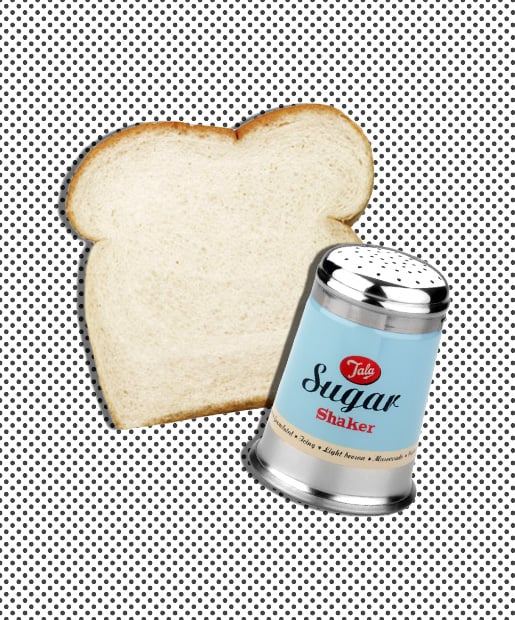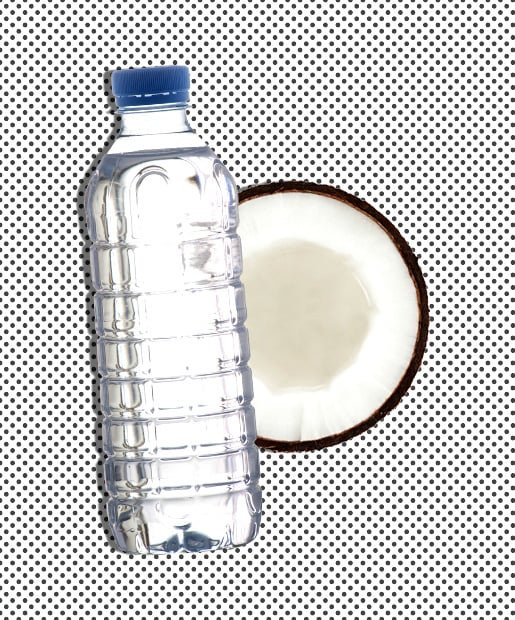If you've noticed your face is more prone to breakouts and inflammation, you're not alone. Adult women of all ethnicities experience breakouts because of "stress, which creates an androgenic (male) hormone cascade that triggers acne," says Shamban. But while the cause is the same, the effect it has on skin is different depending on ethnicity.
Shamban says that African American and Latino skin is more likely to scar or keloid (a type of raised scar tissue), "meaning acne prevention and immediate treatment are imperative." You don't need a doctor to tell you there's really no way to eliminate stress entirely. However, there are some lifestyle changes and at-home treatments that can help.
First, Shamban asserts that you need to break bad habits. While it may be tempting, she says picking at breakouts leads to scarring and more acne because "you are spreading the bacteria and infected material." Second, Shamban recommends trying a low-glycemic diet -- this means staying away from white breads and sugars for a few months in order to see improvement.
To treat existing acne, Shamban recommends at-home electronic cleansing devices and products that contain alpha hydroxy acids or retinoids.
Shamban says that African American and Latino skin is more likely to scar or keloid (a type of raised scar tissue), "meaning acne prevention and immediate treatment are imperative." You don't need a doctor to tell you there's really no way to eliminate stress entirely. However, there are some lifestyle changes and at-home treatments that can help.
First, Shamban asserts that you need to break bad habits. While it may be tempting, she says picking at breakouts leads to scarring and more acne because "you are spreading the bacteria and infected material." Second, Shamban recommends trying a low-glycemic diet -- this means staying away from white breads and sugars for a few months in order to see improvement.
To treat existing acne, Shamban recommends at-home electronic cleansing devices and products that contain alpha hydroxy acids or retinoids.
Oily, dry, combination -- regardless of your skin type, your skin grows drier as you age. According to Shamban, oil glands produce less oil as you get older. The result: visibly drier skin that begins to crack, which fosters wrinkles. To replenish your skin with much-needed moisture, Shamban recommends glycolic acid to slough off dry, flaky patches. "Glycolic acid is an alpha hydroxy acid derived from sugar cane that aids in exfoliating your skin," she says. Once applied, the molecules sink into your skin, allowing dead cells to shed and giving your skin a healthier, brighter appearance.
At home, you can safely boost your skin care regimen by applying super-hydrating coconut oil to severely dry areas and up your water intake to stay hydrated and nourish parched skin cells.
At home, you can safely boost your skin care regimen by applying super-hydrating coconut oil to severely dry areas and up your water intake to stay hydrated and nourish parched skin cells.






